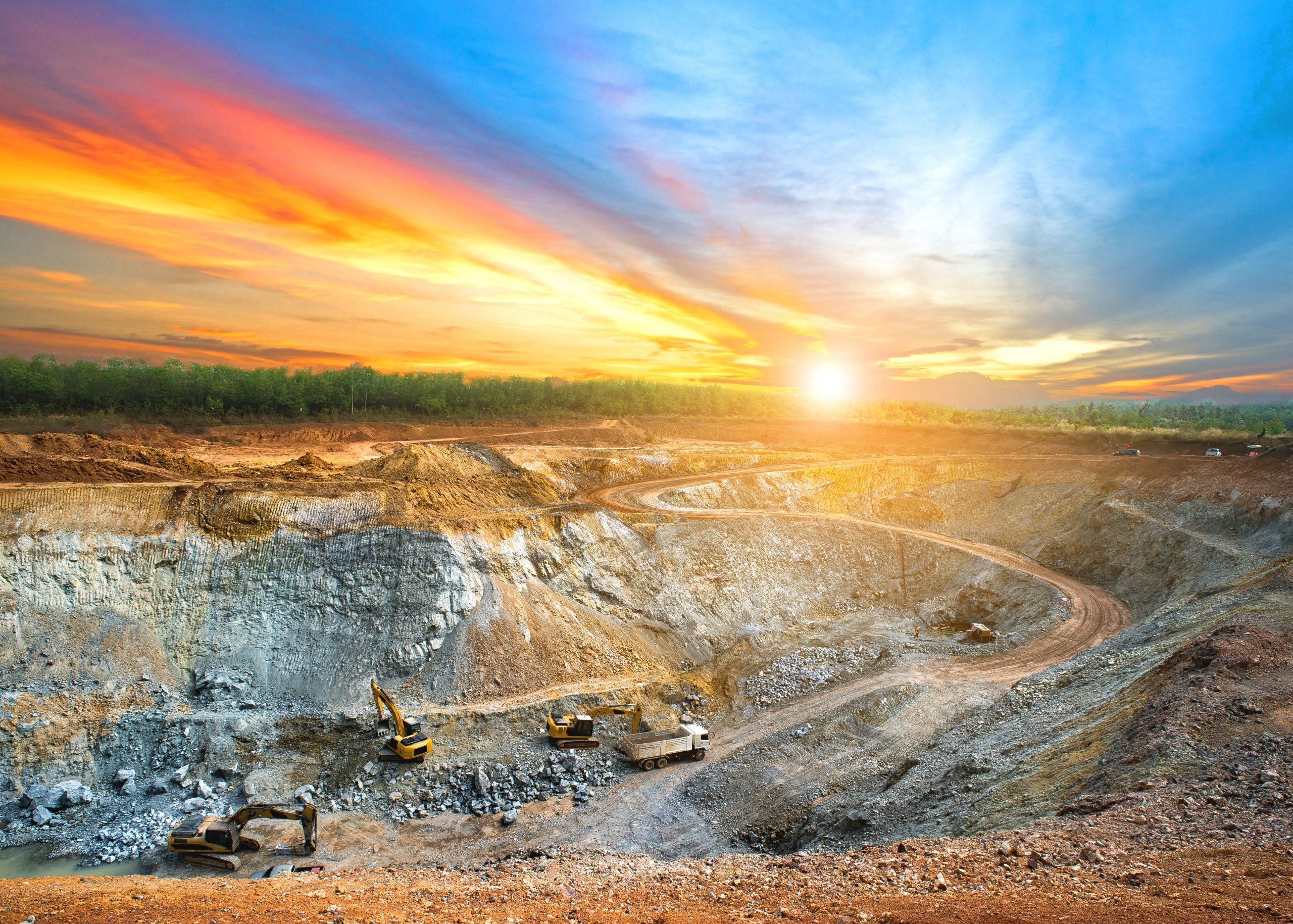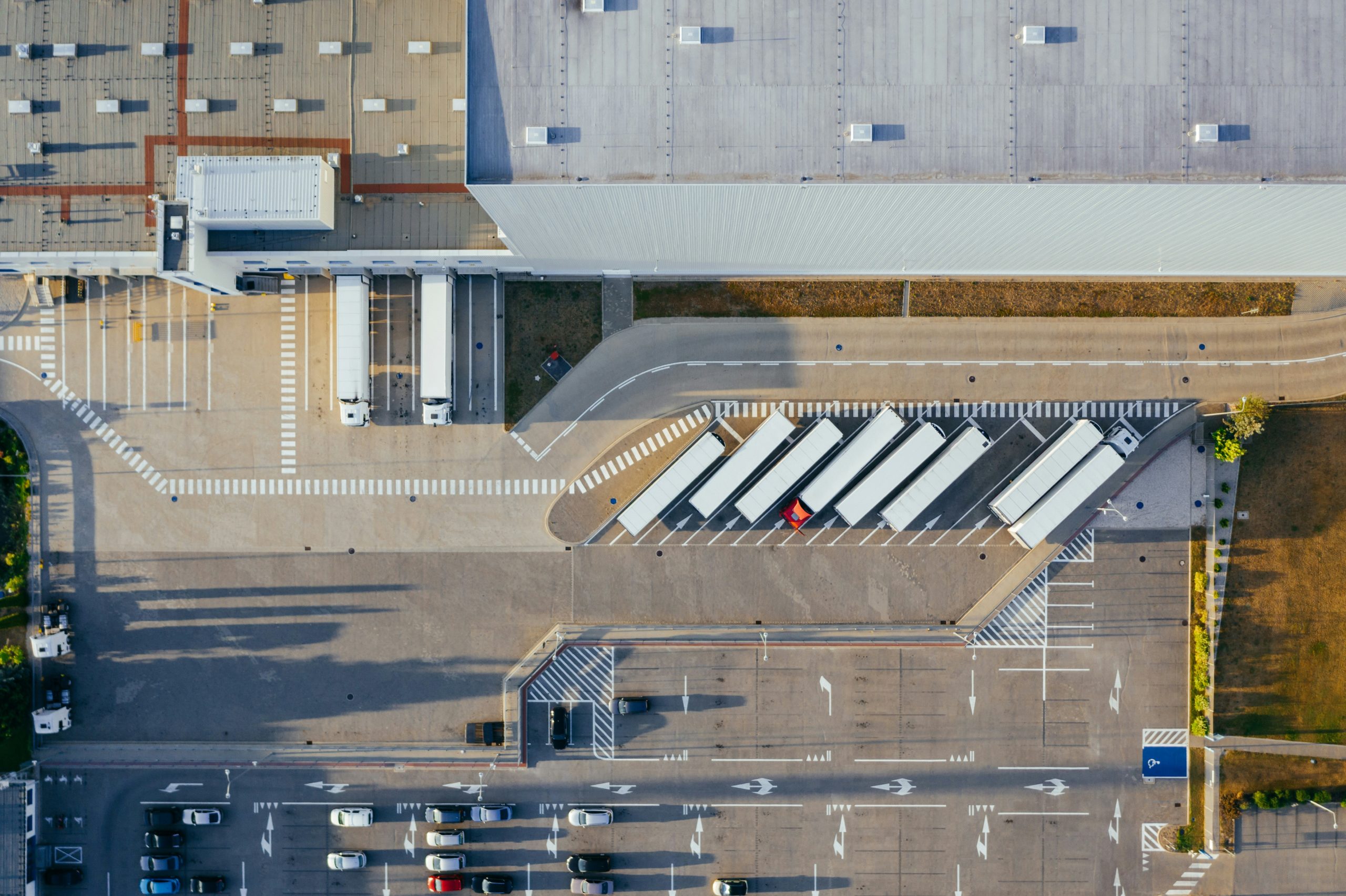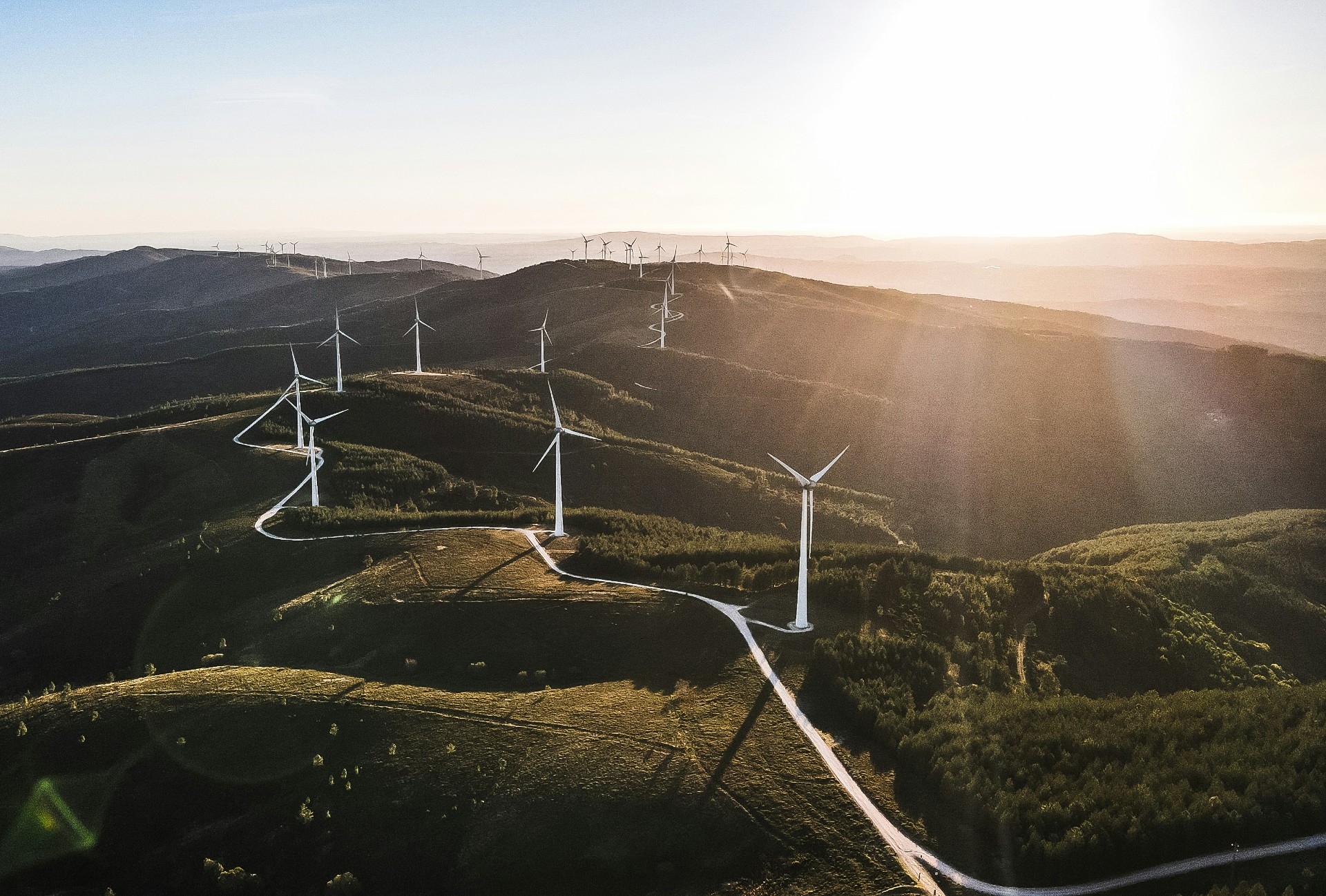Blog
Sustainability and the need for mining

Mining is essential. You may not have thought about this, and that is fine. The metals and other materials produced by mining are everywhere and they are so ubiquitous in our lives, it would be like thinking specifically about oxygen every time you draw breath.
But I do encourage you to stop and think about it for a moment, because we actually use metals for everything, every day. The electricity that powers modern life is generated with equipment made from metals and gets to our homes, our workplaces and our devices via cables and wires also made of metal. Our communications infrastructure that enables mobile communication and powers the internet is all made of metals. Our transport infrastructure is made almost entirely from metal. Our buildings may not all be metal, but they use tons of metal to hold them together and to ensure the tall ones stay upright. The infrastructure that enables water reticulation, roads, railways, bridges and everything else would not exist without metals. So, metals are essential and that means mining is essential because you can’t get these metals without digging them up.
For many, the image of mining is contradictory to being more sustainable and environmentally friendly. However, without mining the successful route to greater sustainability is near impossible.
Sustainability comes in many forms. At the personal and household level it means being more discerning about what we buy and what we consume; seeking to recycle; seeking to re-use; purchasing local produce where that is possible; being sensible with our water and energy usage; and thinking about our personal transport choices. At the more macro level, sustainability means more environmentally friendly construction and infrastructure; an environmentally sensitive approach to agriculture; less carbon-intensive mobility and transport; and perhaps most significantly, the move to renewable power generation.
It is at the macro level that mining’s contribution to sustainability really comes into focus. Greater sustainability requires significantly more metals, and, as noted above, that means more mining. Let’s consider just a couple of examples.
The electrification of things formerly powered by gas, petrol or diesel, be that motor vehicles, machinery or heating, in homes, in factories, on farms and indeed in mines, will require more metals. The classic example is the battery-electric vehicle. These cars require upwards of three times the amount of copper of an internal combustion engine vehicle. You then need battery metals such as lithium, nickel and cobalt, and a variety of hard-to-get rare earth elements for the magnets in the motors. But in addition to the metals in the vehicle itself, you also then need to charge it up. That requires even more metals, mostly copper and steel, to construct and then run the power supply to all the vehicle charging points. And then you need even more metals, again mostly copper and steel, to augment the electricity grid network so it can cope with all the extra demand coming from all that electrification. Finally, you need to increase the amount of electricity you are producing to meet that extra demand. All these metals start as ore mined from under the ground and then processed and refined into the metals we need such as copper, steel, aluminium, nickel, and so on.
Which brings us neatly to generation itself. Renewable energy makes a lot of sense. Harnessing the power of the wind or the warmth of the sun to generate electricity is logical and as the technology continues to evolve both wind and solar power are becoming steadily more efficient and more cost-effective. But they also require a lot of metals, including more of those hard-to-get metals I discuss above. There is also a double-whammy in terms of the need for constructing new capacity. As well as building additional generation, we also need to continue implementing the energy transition, replacing fossil-fuel power with renewables. We need to think carefully about what form we would like that to take. Where will the “base load” power come from on days when the wind doesn’t blow? If you want zero-emissions electricity that is very reliable and very safe, then nothing beats nuclear power. But first you have to build it and that takes a long time, is currently very expensive (all that safety costs a lot of money), and it all needs even more metal. And that requires more mining.
So if, like many people, you have held the view that mining is dirty, dangerous and dated, I encourage you to think again. Sustainability is fundamental for the planet, and for us to achieve meaningful outcomes, we will need to mine, process and refine more metals. All of that, of course has to be done in as sustainable way as possible, but it needs to be done.
Photo by 贝莉儿 DANIST on Unsplash
Related
Exeter Innovation
We are the trusted partner in transformative innovation, empowering organisations across the globe to make ecologically responsible decisions – for today and for future generations.








